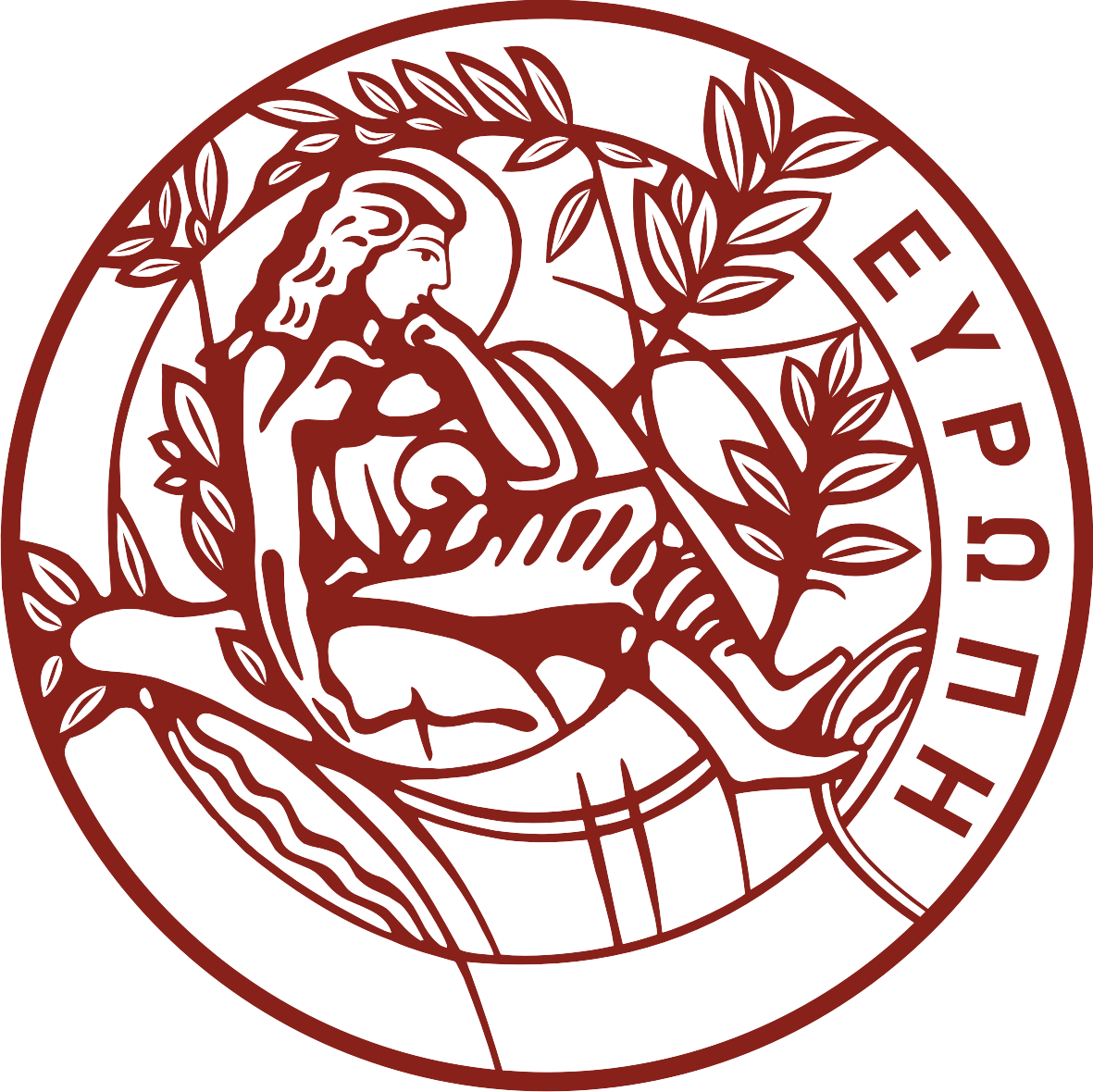SAuth: protecting user accounts from password database leaks_Seminar Series: CyberSecurity in Spring: The Spring of CyberSecurity
A+
A-
SAuth: protecting user accounts from password database leaks
by Elias Athanasopoulos, Assistant Professor, University of Cyprus
March 10th, 2021 16:00
https://zoom.us/j/95001863724?pwd=a3h1eitCMTJ5RGtEU3dTQ2haVlczQT09
Host: Evangelos Markatos, Computer Science Department, University of Crete
by Elias Athanasopoulos, Assistant Professor, University of Cyprus
March 10th, 2021 16:00
https://zoom.us/j/95001863724?pwd=a3h1eitCMTJ5RGtEU3dTQ2haVlczQT09
Host: Evangelos Markatos, Computer Science Department, University of Crete
Abstract
Short Biography
Elias Athanasopoulos is an assistant professor in Computer Science with the University of Cyprus. He received his BSc in Physics from the University of Athens and his Ph.D. in Computer Science from the University of Crete. Before joining University of Cyprus, he was an assistant professor with Vrije Universiteit Amsterdam. His research interests are systems security and privacy. Elias is a Microsoft Research PhD Scholar and he has interned with Microsoft Research in Cambridge. Elias is also a Marie Curie fellow with Columbia University and FORTH. He has several publications in IEEE Security and Privacy, ACM CCS, Usenix Security and ATC, NDSS, and EuroSys.



 Announcements
|
News
Announcements
|
News

